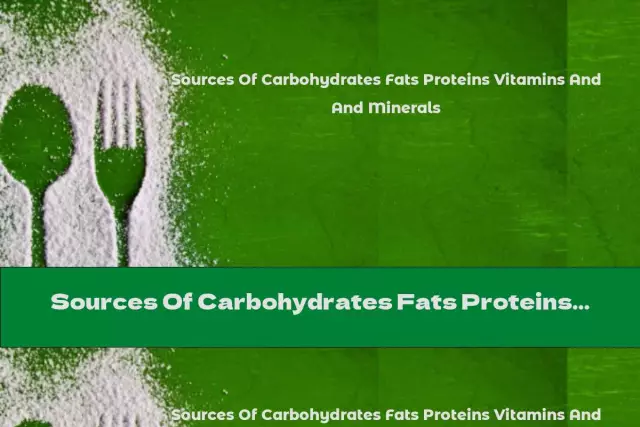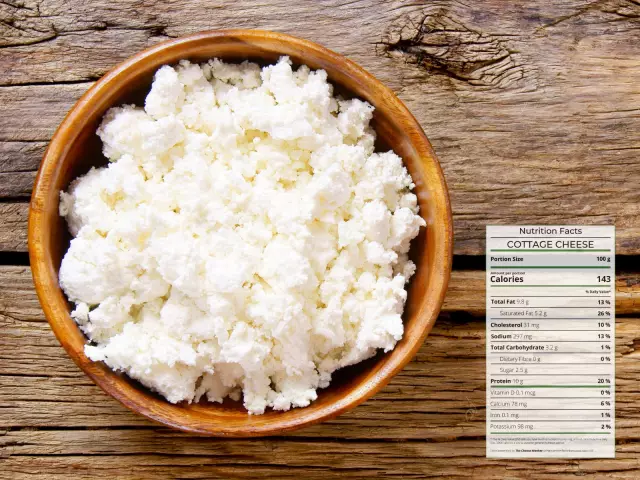- Author Rachel Wainwright [email protected].
- Public 2023-12-15 07:39.
- Last modified 2025-11-02 20:14.
Brynza
Useful properties of feta cheese

Cheese is a fermented milk product that is prepared by fermenting milk with rennet.
Traditionally, sheep's milk is used for making feta cheese, but goat's or cow's milk is allowed. Homemade feta cheese, if possible, is prepared using real abomasum - part of the stomach of goats, sheep or cows. In large-scale industries and in cases where the raw material in its natural form is not available, rennet powder or tablets are used for fermentation.
Cheese is considered the healthiest cheese we all know. Cheese retains its useful properties due to the peculiarities of production. For its preparation, they take exclusively fresh milk, preferably high fat content. Milk is not subjected to heat treatment; after folding under the action of enzymes, it is kept in brine. It is believed that cheese should be kept in a salted solution for at least 20 days, but feta cheese, which has been salted for 60 days, has the best taste. The longer the feta cheese was insisted, the saltier it tasted.
Homemade cheese, or cooked in a production environment, but in compliance with technology, in particular, without the addition of vinegar, contains vitamins B, E, A, as well as calcium, fluorine, phosphorus, protein. The presence of these microelements determines the healing properties of feta cheese: with regular use of brine cheese, the structure and color of the skin of the face change, digestion and stool improve, the development of bacteria stops, which causes rotting of the intestinal contents.

It is believed that the calcium retained in feta cheese after milk processing is absorbed much better than from cottage cheese, therefore cheese is useful for children during the growth period, because calcium is important for the proper formation of teeth and bone tissue. Only 100 g of cheese can provide a person with a daily intake of this trace element. Homemade feta cheese is also recommended for elderly people, pregnant women, lactating women.
The calorie content of feta cheese made from cow's milk is 260 kcal, it contains approximately 26g of fat per 100g. Caloric content of feta cheese from sheep's milk 50% fat - 370 kcal.
It is difficult to call this cheese a dietary product, and those who monitor weight should limit the use of feta cheese, but those who are actively involved in sports, or for health reasons need a high-calorie diet, the calorie content of feta cheese, its fat content and protein content will come in handy.
Contraindications
Cheese, given the peculiarity of its preparation, contains a lot of sodium and practically no potassium, so it is not recommended to constantly use it for those who have diseases of the nervous system, pancreas, bile ducts, pathologies in the work of the stomach, kidneys, and liver.
In order to remove excess salt from feta cheese, it is advised, after purchase, to soak it in a whole piece in cold water, or just before use in small portions of 70 g, soak for a couple of minutes in boiling water.
Proper storage of feta cheese is also important for health. Cheese from an open package can be stored in the refrigerator for up to three weeks. It is good if it is stored in its own brine, if this is not possible, the cheese is wrapped in cling film or foil.
You should not buy cheese that has a crust on the edges - it is an overripe product that has been stored incorrectly for a long time.
What is also important - the cheese is not characterized by holes in the cut. A properly prepared pickled cheese should be dense and soft, without a pungent odor, with a creamy delicate taste.
Found a mistake in the text? Select it and press Ctrl + Enter.






